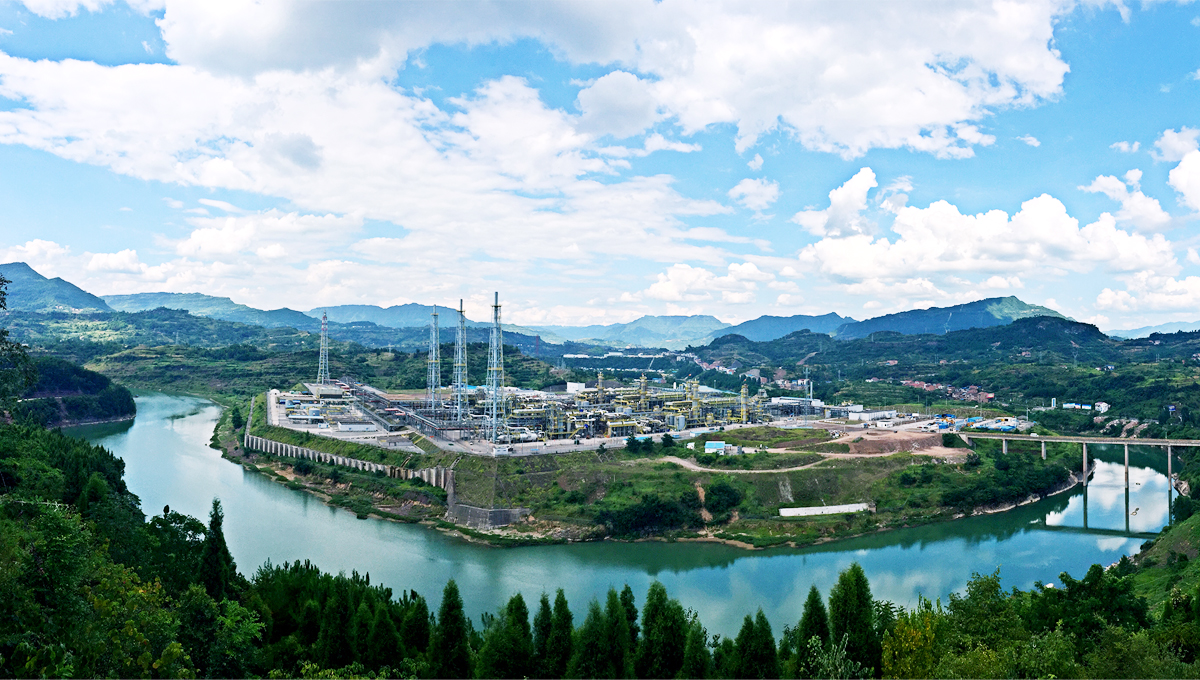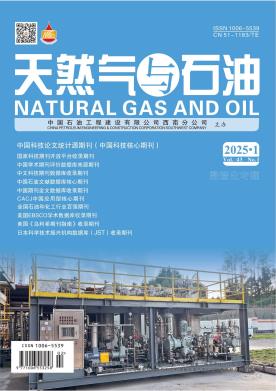考虑黏温系数的蒸汽吞吐递减率多元回归模型
Multivariate Regression Model for Predicting Steam Stimulation Decline Rate Considering the Influence of Viscosity Coefficient
浏览(1558) 下载(9)
- 引用格式:
-
王树涛,张风义,张彩旗,刘,东,张国浩.考虑黏温系数的蒸汽吞吐递减率多元回归模型[J].天然气与石油,2020,38(3):57-62.doi:
Wang Shutao, Zhang Fengyi, Zhang Caiqi, Liu Dong, Zhang Guohao.Multivariate Regression Model for Predicting Steam Stimulation Decline Rate Considering the Influence of Viscosity Coefficient[J].Natural Gas and Oil,2020,38(3):57-62.doi:
- DOI:
- 作者:
- 王树涛 张风义 张彩旗 刘 东 张国浩
Wang Shutao, Zhang Fengyi, Zhang Caiqi, Liu Dong, Zhang Guohao
- 作者单位:
- 中海石油(中国)有限公司天津分公司
CNOOC China Limited Tianjin Branch,Tianjin, ,300459, China
- 关键词:
- 稠油;蒸汽吞吐;递减率预测;黏温系数;多元非线性回归;正交设计
Heavy oil; Steam stimulation; Predicting the decline rate; Viscosity-temperature coefficient; Multivariate nonlinear regression analysis; Orthogonal design
- 摘要:
为适应海上稠油热采措施的计划性要求,需要开展蒸汽吞吐周期有效期及递减率预测研究。目前已有的蒸汽吞吐递减率预测模型仅考虑了油藏静态和注蒸汽动态参数的影响,并未考虑稠油流体黏温系数的影响,造成具有不同流变特征的稠油油田蒸汽吞吐递减率预测准确率差异大。针对胶质沥青质含量各异的稠油流变性差异大的问题,正交设计产生的样本集综合考虑黏温系数、油藏静态和注蒸汽动态等参数的影响,基于多元非线性回归分析,建立考虑黏温系数影响的蒸汽吞吐递减率预测多元回归新模型。实例应用表明,新模型预测不同油田蒸汽吞吐递减率的预测精度都很高,能够满足不同稠油油田蒸汽吞吐产量递减预测的需要。该模型为蒸汽吞吐的方案研究、效果跟踪评价和产量规划等工作提供了快速、准确的递减率预测方法。
In order to meet the planning requirements of offshore heavy oil thermal recovery measures, it is necessary to carry out a research on the prediction period of the validity period and decline rate of the steam stimulation.At present, the prediction model of steam stimulation decline rate only considers the influence of reservoir static parameters and steam injection parameters, and does not consider the influence of viscosity coefficient of heavy oil fluid,resulting in the decline rate of steam stimulation of heavy oil fields with different rheological characteristics.The difference in prediction accuracy is large.In view of the large difference in rheological properties of heavy oils with different colloidal and asphaltene contents, the sample set generated by orthogonal design considers the influence of parameters such as viscosity-temperature coefficient, reservoir static and steam injection parameters.Based on multivariate nonlinear regression analysis, a new model for predicting the rate of decline in steam stimulation considering the influence of the viscosity coefficient is established.The application of the example shows that the prediction accuracy of the steam stimulation decline rate of different oilfields by the new model is high, which can meet the needs of the diminishing forecast of steam stimulation in different heavy oil fields.The model provides a fast and accurate prediction method of decline rate for steam stimulation scheme research, effect evaluation and production planning.



